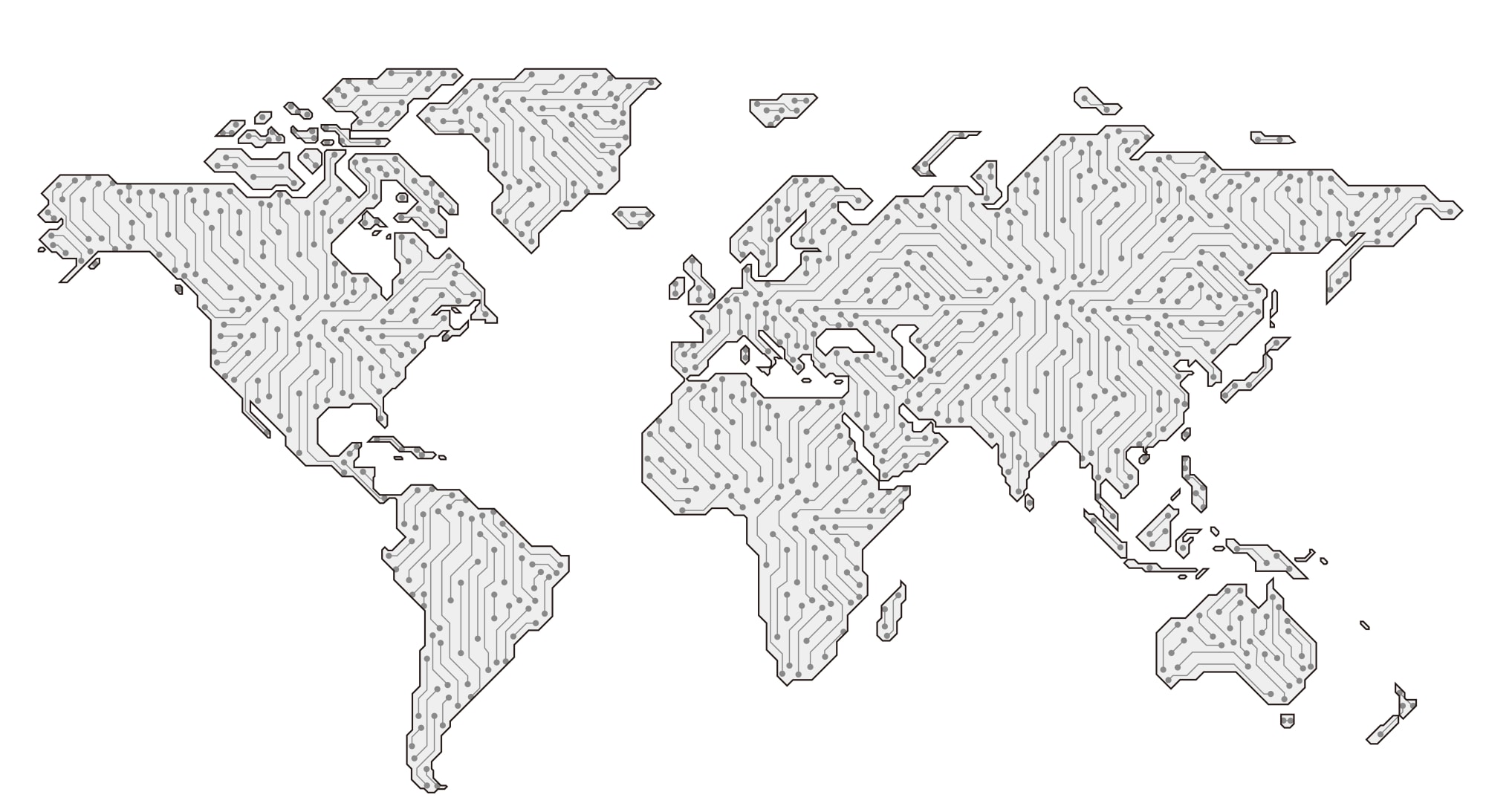
The web as we know it was famously invented by Tim Berners-Lee while working at CERN, but it wasn't until a few years later -- 1993 to be precise -- that it'd truly be set free. On April 30 of that year, Berners-Lee's then employer would make the technology behind the WWW available license free, bundling a basic browser and some key chunks of code into the deal. To commemorate the 20th anniversary of this event CERN has recreated the first ever website, complete with its original URL. The preservation doesn't stop at copying over some old files, either, with CERN also looking to preserve the first servers used, restoring as much as possible to its original state. Beyond a little geeky nostalgia, the project hopes to safeguard the web's earliest days, before it became the ubiquitous phenomenon it is now, so that future generations can enjoy (and scoff) at the web's origins. Best of all, no drawn-out field trip is required to enjoy the spectacle, you can see it just as nature intended by heading to the source.
Filed under: Internet
Comments
Via: BBC
Source: The WWW Project, CERN, (2)
 One of the fiercest critics of the modern internet is the man who created it, Tim Berners-Lee. As the father of the web he has been vocally critical about the current state of the internet and how it is dominated by a small number of powerful compani...
One of the fiercest critics of the modern internet is the man who created it, Tim Berners-Lee. As the father of the web he has been vocally critical about the current state of the internet and how it is dominated by a small number of powerful compani...
 One of the fiercest critics of the modern internet is the man who created it, Tim Berners-Lee. As the father of the web he has been vocally critical about the current state of the internet and how it is dominated by a small number of powerful compani...
One of the fiercest critics of the modern internet is the man who created it, Tim Berners-Lee. As the father of the web he has been vocally critical about the current state of the internet and how it is dominated by a small number of powerful compani...
 At Engadget, we spend every day looking at how technology will shape the future. But it's also important to look back at how far we've come -- that's what This Week in Tech History will do. Join us every weekend for a recap of historical tech news, a...
At Engadget, we spend every day looking at how technology will shape the future. But it's also important to look back at how far we've come -- that's what This Week in Tech History will do. Join us every weekend for a recap of historical tech news, a...
 This isn't the internet that Tim Berners-Lee envisioned when he laid the groundwork for the World Wide Web 30 years ago today. Rather than the free and open online utopia, "The web has evolved into an engine of inequity and division," he wrote in 201...
This isn't the internet that Tim Berners-Lee envisioned when he laid the groundwork for the World Wide Web 30 years ago today. Rather than the free and open online utopia, "The web has evolved into an engine of inequity and division," he wrote in 201...



